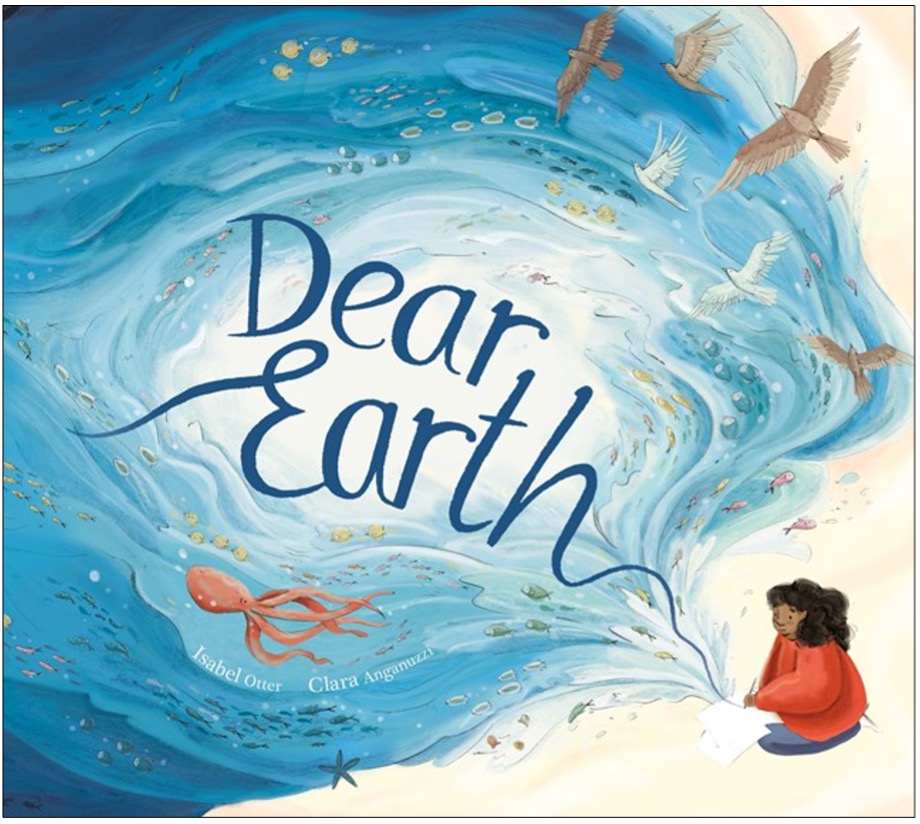Written by Dr Aletha Ward
Source link.
Our newly published article, “Dear Earth: Cultivating Planetary Empathy for the Health of All” introduces the concept of planetary empathy, urging nurses to extend their care beyond individual patients to the planet itself. This shift is essential as environmental challenges increasingly impact human health.
Empathy in nursing traditionally focuses on individual patients. However, recognising that human health is linked to the planet’s health, we must expand our empathy to include the natural world. Planetary empathy involves emotional, cognitive, and behavioural responses to a planet at risk and future generations who depend on its health. Drawing on First Nations knowledge, planetary empathy embodies a deep, reciprocal relationship with the environment, emphasising the responsibility to care for and sustain it.
Nurses are well-positioned to lead in planetary health advocacy. Our profession’s values of care, compassion, and advocacy align with environmental stewardship. By fostering planetary empathy, nurses can address environmental health determinants and advocate for protective policies. Integrating planetary health into nursing education will prepare future nurses to consider broader health implications and reflect on empathy beyond patients alone.
To move from empathy to action for the planet, nurses must:
- Educate: Continuously learn and teach about human and planetary health interconnectedness.
- Advocate: Push for policies that protect the environment and promote sustainable practices.
- Practice Sustainably: Implement eco-friendly practices in healthcare settings.
- Engage Communities: Raise awareness and drive collective action towards planetary health.
Our paper was inspired by the illustrated children’s book titled ‘Dear Earth’ written by Isabel Otter (2020), in which the concept of planetary empathy emerges through a letter written by a young child as she explores the Earth with her grandfather. Across each page, she gains a deep appreciation of Earth’s many wonders but simultaneously holds deep concern for its fragility and the harm being caused by humans. The book ends with a commitment to keeping the Earth safe and a ‘call to action,’ with examples of behaviours that could be enacted by readers. The power of the narrative is multifaceted. By experiencing a compelling imagining of their own Dear Earth sentiments, empathetic responses are evoked in the reader. Writing a Dear Earth letter allows opportunities for deep reflections on our relationship with the planet.
Dear Earth,
At times, I wish to give up, etched in sorrow and regret. I see the weight of our collective actions which presses heavily upon me as I witness the scars we have etched into your once pristine surface. I have seen how we have ravaged your lands, tearing it into resources, without a second thought for the consequences. We have pillaged without remorse, driven solely by ignorance, profit and greed. We have polluted your waterways, choking your life force with our waste, blissfully unaware, that each drop tainted is a dagger plunged into the life of the planet and all those who exist.
I weep for you dear Earth. I mourn the desecration of your sacred spaces, the disregard for the sanctity of life that pulses through your ecosystem. What we have done to you is nothing short of an act of violence … I am so very sorry, from the bottom of my heart. I know, we have let you down, and we have blood on our hands.
Yet, amidst the sorrow, I cling to hope. I believe in the resilience of the human spirit, in our capacity to change and heal. And as a nurse, I am acutely aware of the power of care and love. It is a force that transcends boundaries, a force that binds us to one another, and to you, our Mother Earth.
I will not give up. I will not give up for you, I will not give up for humanity. I have deep contrition for what we have done, however, as I step forward, I reflect on the strength of a nurse. And that fills me with hope. I know that my fellow nurses are rising up, as we tend to your wounds with tenderness and compassion. Let us be the stewards of change, working tirelessly to mend the broken relationship we have caused between humanity and the earth. For in caring for you dear Earth, we care for ourselves. I recognise that our fates are intertwined, that the health of one is inseparable from the health of the other. As humans, as nurses, we heed the call to arms, not as conquerors, but as healers – for you dear Earth, and for the generations of humans yet to come.
With loving warmness,
Aletha
Our team’s future work will include a concept analysis on planetary empathy. This analysis will further explore and define the concept, providing a foundation for integrating it into nursing education and practice. We believe that planetary empathy offers a transformative approach to nursing, recognising the interconnectedness of all life.
